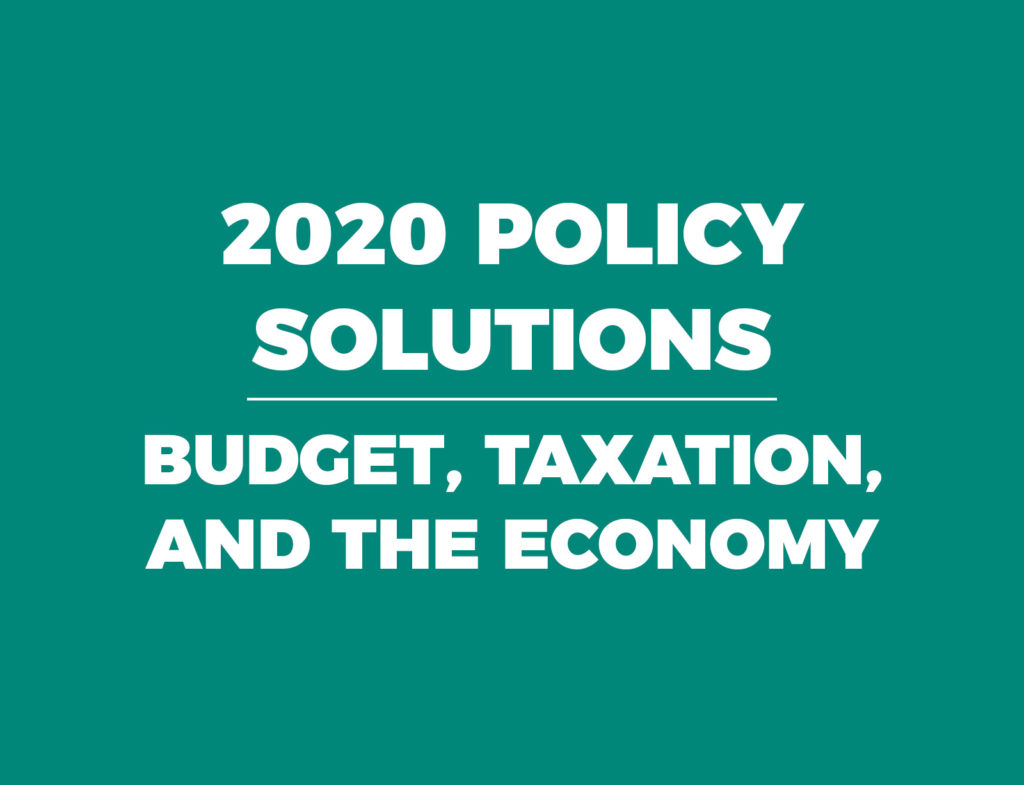Introduction
State government needs revenue to pay for the goods and services it provides, and the state raises that revenue by imposing personal income, sales, and other taxes on its residents. Approximately 88 percent of state budget revenue comes from personal income and sales taxes.
Most tax and fee revenue goes into North Carolina’s General Fund to cover state government operations. Of those operations, education and health and human services are the two largest areas, comprising 80 percent of the 2017-18 state General Fund budget. Dedicated taxes cover transportation spending through the Highway Fund and Highway Trust Fund.
While state appropriations total $23.9 billion, total General Fund spending, including receipts, is a staggering $44.2 billion.
Funds from the federal government supplement state funds in several areas, with the bulk ($11 billion in 2017) going to Medicaid to provide health care coverage for low-income adults and children. Other sources of revenue include university and community college tuition, the state lottery, and unemployment taxes. The reliance on nontax sources reduces transparency and increases vulnerability.
Because the state constitution mandates a balanced budget, the state cannot spend more than it has available. But not all taxes are the same. For example, different taxes respond to changes in the economy differently. Income taxes, particularly taxes on business income, grow faster than the economy in good times and fall faster in recessions. Policymakers should understand this as they make spending and tax plans each year in the budget. They should also be aware of the longer-term effects of policy changes, not just today’s spending and taxes, but the spending and taxes five years out.
Key Facts
- Total tax revenue in Fiscal Year (FY) 2017-18 is forecast to be $21.3 billion. Of that total, 87 percent will come from personal income and sales taxes, 54.5 and 32.7 percent respectively. While the 2013 tax reform changed the rate, personal income tax will continue to be the largest source of revenue for the state.
- General Fund spending has decreased since 2009, but total state spending has increased. The shift of spending to personnel and programs outside of the General Fund reduces accountability.
- Federal spending continues to be a major part of North Carolina’s total budget spending, accounting for one-third of spending in 2016-17.
- Nontax revenues will amount to $911 million or around 3.7 percent of total General Fund revenue in FY 2018-19.
Recommendations
- Compare year-to-year variability of revenue sources. Business income taxes amplify changes in the economy and are harder to project. Policymakers need to understand the associated risks.
- Project spending and revenue for five years with each proposed budget. Projections that show a range of options for spending and taxes can provide a better understanding of the financial implications of budget decisions today while shedding light on future choices policymakers will face.
- Advance additional tax reform measures that include reductions in corporate and personal income taxes and taxes on capital gains. Also, consider proposals for a constitutional amendment that limits spending. These measures may reduce volatility in tax revenue and provide greater certainty for future spending growth.



